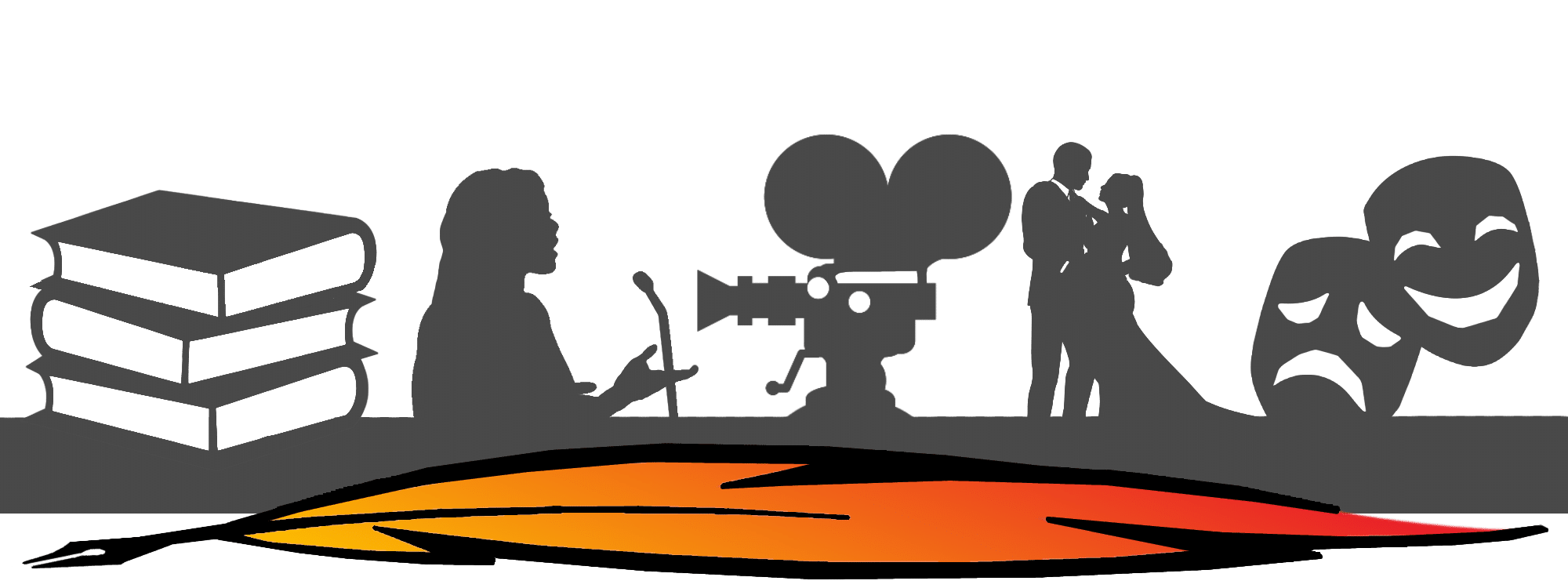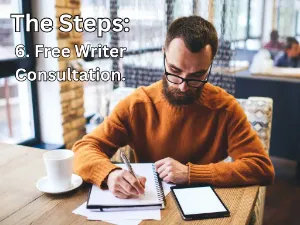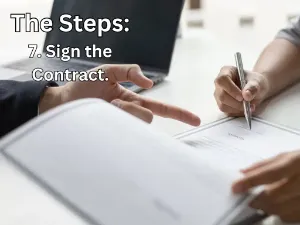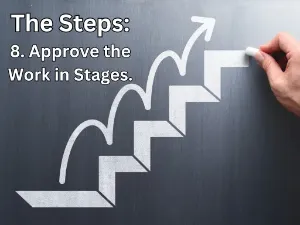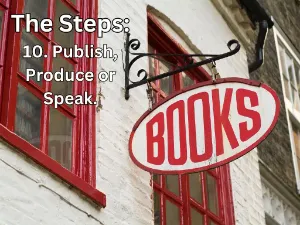There is a stereotype out there about writers. They’re talented and frustrated and hit the bottle way too often. Maybe the reason some talented writers are frustrated and drink to excess is because of what they’re asked to write. Example:
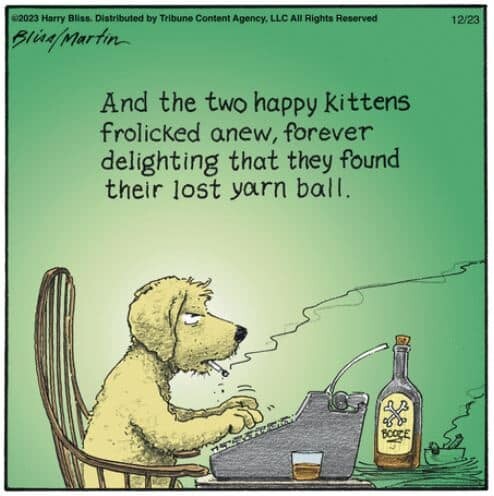

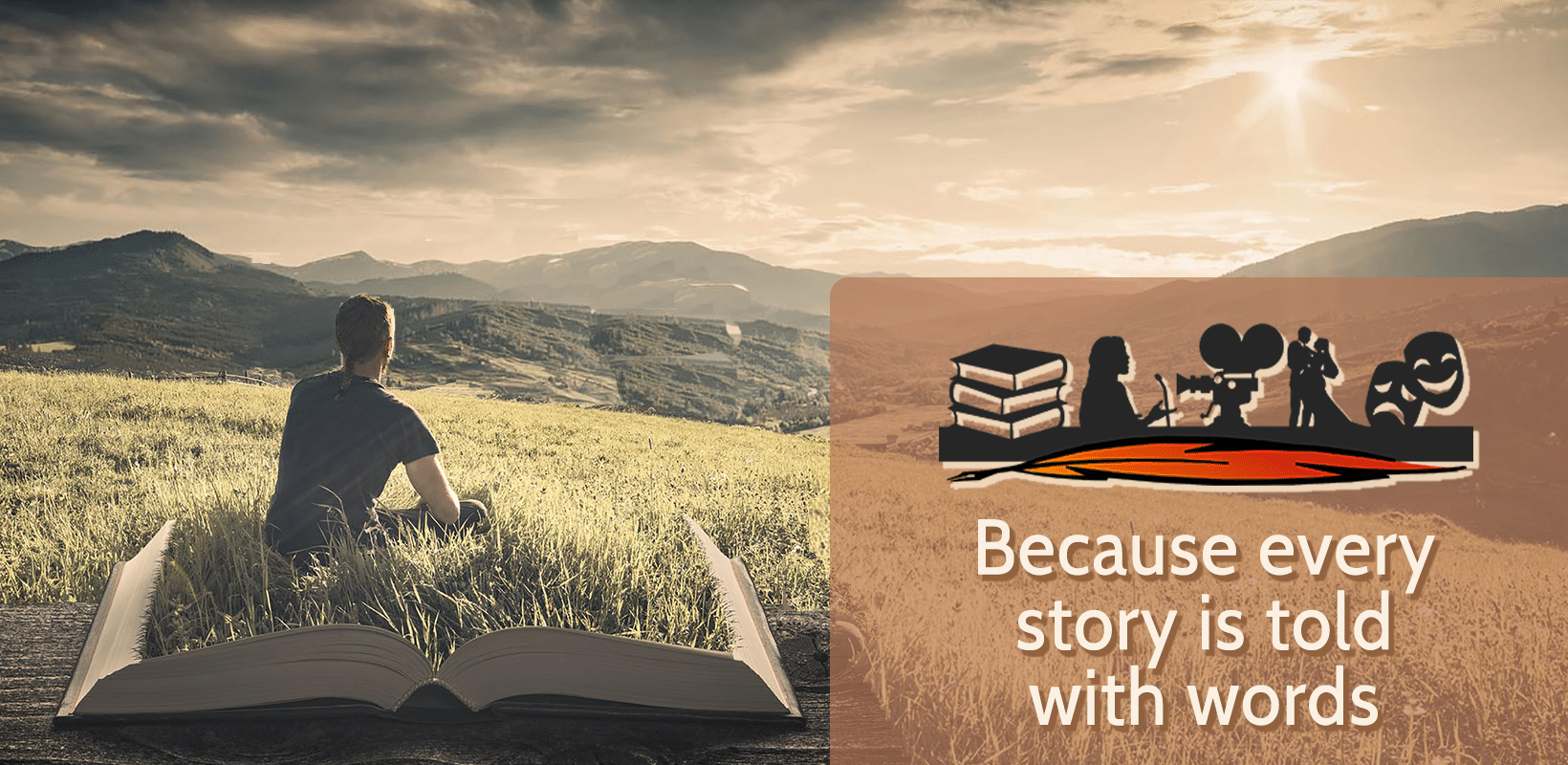
The reason 99% of all stories written are not bought by editors is very simple. Editors never buy manuscripts that are left on the closet shelf at home.
When writing a novel, that’s pretty much entirely what life turns into: “House burned down. Car stolen. Cat exploded. Did 1,500 easy words, so all in all it was a pretty good day.”
Editor: A person employed by a newspaper, whose business it is to separate the wheat from the chaff, and to see that the chaff is printed.
The fact is, I don’t know where my ideas come from. Nor does any writer. The only real answer is to drink way too much coffee and buy yourself a desk that doesn’t collapse when you beat your head against it.
Writing is not necessarily something to be ashamed of, but do it in private and wash your hands afterwards.
I write the last line, and then I write the line before that. I find myself writing backwards for a while, until I have a solid sense of how that ending sounds and feels. You have to know what your voice sounds like at the end of the story, because it tells you how to sound when you begin.
A true author, no matter the medium, is an artist with godlike knowledge of his subject, and the proof of his authorship is that his pages smack of authority.
If one cannot enjoy reading a book over and over again, there is no use in reading it at all.
Critics are people who sit on the mountaintop and look down on the battlefield. When the fighting is finished, they take it upon themselves to come down from the mountain and shoot the survivors.
Ever heard of a carpenter not going to work because he has “carpenter’s block”? If a writer can’t write, it’s because he doesn’t really want to, he isn’t ready to get it on paper or he’s just plain lazy.
Thank your readers and the critics who praise you, and then ignore them. Write for the most intelligent, wittiest, wisest audience in the universe: Write to please yourself.
It begins with a character, usually, and once he stands up on his feet and begins to move, all I can do is trot along behind him with a paper and pencil, trying to keep up long enough to put down what he says and does.


























